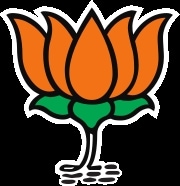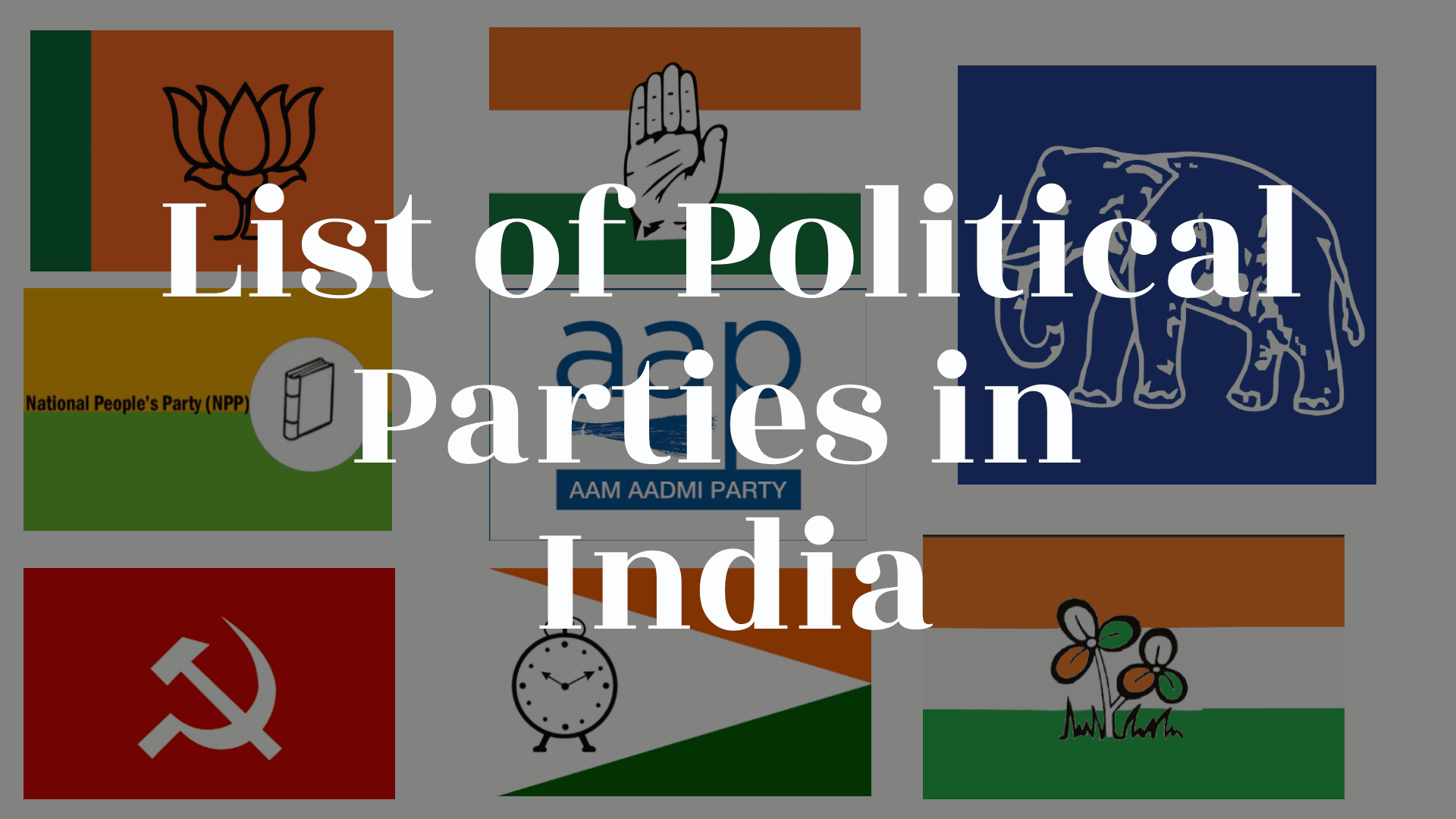
Bharatiya Janata Party
The Bharatiya Janata Party (BJP; [bʱaːɾət̪iːjə dʒənət̪aː paːrtiː] (listen); lit. ’Indian People’s Party’) is a political party in India, and one of the two major Indian political parties alongside the Indian National Congress. Since 2014, it has been the ruling political party in India under Narendra Modi, the incumbent Indian prime minister. The BJP is aligned with right-wing politics, and its policies have historically reflected a traditional Hindu nationalist ideology; it has close ideological and organisational links to the Rashtriya Swayamsevak Sangh (RSS). As of February 2022, it is the country’s largest political party in terms of representation in the Parliament of India as well as state legislatures.
The party’s origins lie in the Bharatiya Jana Sangh, which was founded in 1951 by Indian politician Shyama Prasad Mukherjee. After The Emergency of 1975–1977, the Jana Sangh merged with several other political parties to form the Janata Party; it defeated the then-incumbent Indian National Congress in the 1977 general election. After three years in power, the Janata Party dissolved in 1980, with the members of the erstwhile Jana Sangh reconvening to form the modern-day BJP. Although initially unsuccessful—winning only two seats in the 1984 general election—it grew in strength on the back of the movement around Ram Janmabhoomi in Uttar Pradesh. Following victories in several state elections and better performances in national elections, the BJP became the largest political party in the Parliament in 1996; however, it lacked a majority in the lower house of Parliament, and its government, under its then-leader Atal Bihari Vajpayee, lasted for only 13 days.After the 1998 general election, the BJP-led coalition known as the National Democratic Alliance (NDA) under prime minister Vajpayee formed a government that lasted for a year. Following fresh elections, the NDA government—again headed by Vajpayee—lasted for a full term in office; this was the first non-Congress government to do so. In the 2004 general election, the NDA suffered an unexpected defeat, and for the next ten years, the BJP was the principal opposition party. However, Narendra Modi, who was then serving as the chief minister of Gujarat, led it to a landslide victory in the 2014 general election. Since that general election, Modi has led the NDA government as Indian prime minister and, as of December 2022, the alliance governs 16 States and union territories of India.
The official ideology of the BJP is integral humanism, which was first formulated by Indian politician Deendayal Upadhyaya in 1965. The party advocates social conservatism and a foreign policy centred on nationalist principles. Since its assumption of power in 2014, its key-focus issues have included Article 370 of the Constitution of India, which conferred a special autonomous status to Jammu and Kashmir; the building of the Ram Mandir in Ayodhya, Uttar Pradesh; and the implementation of the proposed Uniform Civil Code. Conversely, the 1998–2004 NDA government did not pursue any of these controversial issues, focusing instead on a largely liberal economic policy that prioritised globalisation and economic growth over social welfare. Two of these policies have been implemented since 2014. On 5 August 2019, the newly re-elected BJP government revoked the special status of Jammu and Kashmir, and on 9 November 2019, the Supreme Court of India passed the final verdict on the case of the Ayodhya dispute that handed over the land to a trust organization to build the Ram Mandir, a major Hindu temple. The V-Dem Institute described India in a report as experiencing nationwide democratic backsliding under post-2014 BJP rule.
Read More About Bharatiya Janata Party
Lists containing Bharatiya Janata Party :
List of Political Parties in India

India is a vast and diverse country, and it has a vibrant political landscape. With its many different states, languages, and cultures, India is home to a wide range of political parties that represent the diverse interests of its citizens. This list of political parties in India will provide you with a comprehensive overview of…
